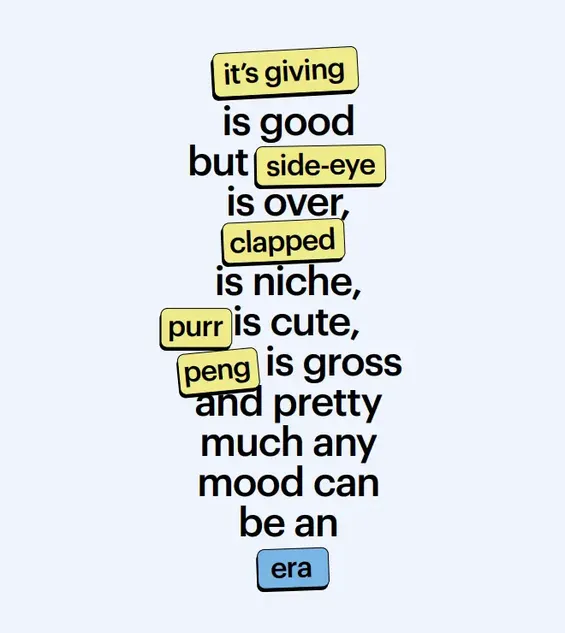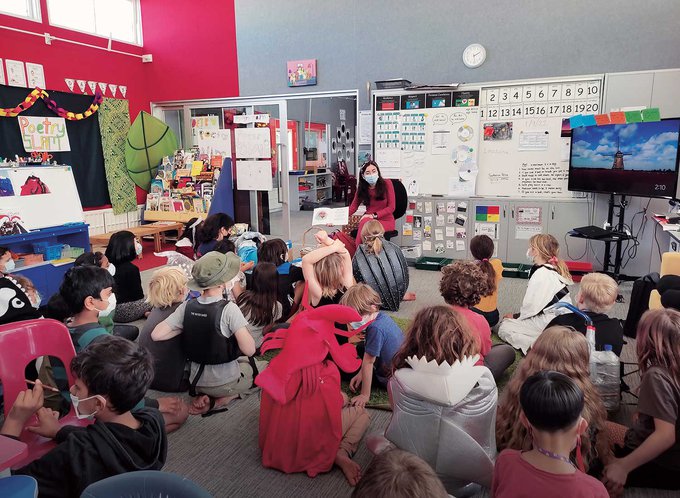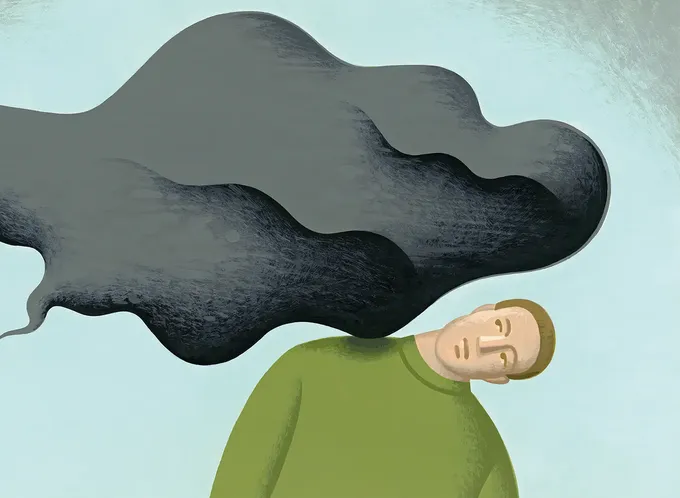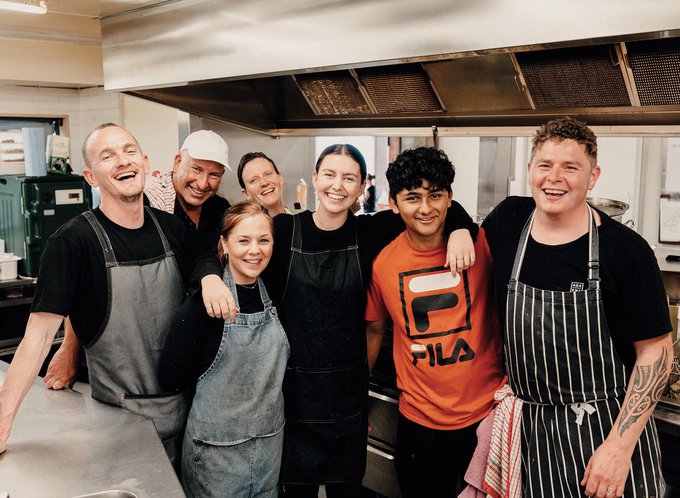From ‘who’s snatched’ to ‘what slaps’, Gen Z are speaking a language all of their own. So what’s behind the influx of new slang, which words are on the out and how old is too old to say ‘slay’?
According to age demographics, Generation Z takes in young Kiwis aged 11 to 26. They’re a cohort of digital natives and TikTok devotees, and with 1.05 million of them, they’re New Zealand’s third-largest demographic group after Millennials and Baby Boomers. But Gen Z are proudly different from the rest. As an emerging crop of innovators and creatives, they’re increasingly calling the shots on what’s cool – and language is at the top of their list.
From slang terms you probably haven’t heard of to a different set of text abbreviations in the DMs (direct messages on social media), Gen Z are developing a whole new way of communicating. And with novel words emerging and dropping off faster than ever before, trying to keep up is a fool’s game for just about anyone born before the mid-90s (see sidebar).
In today’s Gen Z talk, ‘it’s giving’ is good but ‘side-eye’ is over, ‘clapped’ is niche but hot right now, ‘purr’ is cute, ‘peng’ is gross and pretty much any mood can be an ‘era’. If you have no idea what that sentence means, you’re probably well past your mid-20s. Or you’re just ‘cebbs’ (can’t even be bothered), and that’s fine too.
So what’s driving the latest language trends? And can older generations use Gen Z words without being cringe?
Slay all day
According to 18-year-old Wellingtonian Sofia Pamudji, mastering Gen Z slang can be as much about your attitude as your age.
“While anyone can pull it off, it does depend on the person and the right choice of words,” she says. “When older people use Gen Z terms, it’s important to start with just one or two words. Don’t suddenly be like ‘oh my god that’s slay, popping, clapped, purr mama’ all in one sentence! You need to start slowly.
“An easy one is to say ‘it’s giving’ when you talk about someone’s outfit. It just means they look great. Say it confidently and you don’t have to say anything else. It drives my Mum crazy, she’s like ‘it’s giving what?!’ But it’s just giving, you know?”
And if it wasn’t confusing enough already, the Hutt Valley High School student says slang usage can differ not only between younger and older Gen Zs but also between schools and cities within the same region.
“In the Hutt, everyone’s saying ‘clapped’ at the moment, and I don’t think they say it much in town,” Sofia says. “Clapped means something that’s so bad. Whereas something that’s good, you say, ‘that’s so gas’. There’s also ‘purr’ [said with an American accent]. That’s if someone’s wearing a cute outfit and you go ‘oh my god, purr’. But overall, I still love a good ‘slay’. Anyone can say slay, and by now, it almost feels timeless. But who knows if it will go on forever.”
Word of mouth
The broader topic of why we talk the way we do is complex, but linguistics expert and senior lecturer at Massey University Dr Arianna Berardi-Wiltshire, says the reason slang terms morph over time is simple.
“Language changes because people change,” she says. “Each generation is a reflection of the influences that impact their development as they’re growing up. In other words, it’s what you’re exposed to during childhood, the culture of the time and the exchanges you have with the world.”
Of course, teens developing their own way of talking is hardly new. But with technology making us more connected than ever, Gen Z has a global lexicon at their fingertips. While older generations had family and friends, blockbuster movies and a handful of TV channels influencing their language, younger groups are slinging around slang terms with origins as diverse as drag culture and early African American hip hop.
“The explosion of social media has meant the fertility of Gen Z language is exponential when compared to that of other generations,” Arianna says. “Slang terms now spread much wider and faster too.
“One way to see language is as a barrier or boundary between groups. It used to be that slang terms and dialects were very much tied to a location, like Cockney rhyming slang, for example. Now, it’s less geographical and more about social groups. And rather than being a boundary, language actually builds bridges. Through technology, Gen Z slang is connecting different ethnicities, sexual orientations and communities.”
A new era
While ‘slaps’ and ‘era’ (as in ‘I’m in my sweatshirt era’) also make her list of top terms, Sofia, who bucks the Gen Z trend by preferring phone calls over texts when communicating with her friends, says some words should be relegated to history.
“There’s this whole new thing from TikTok with British slang, like ‘peng’ to mean hot. Guys will say ‘that girl’s so peng’ or ‘she’s got a thicc bunda’, which means curvy bum. I would never use those. Only boys say them. I’m not a fan of ‘rizz’, meaning charisma, and ‘cap’ and ‘side-eye’ have been overused so they’re a bit old now.”
When it comes to texting, she’s far more likely to use fr (for real) than ttyl (talk to you later) and emojis are strictly for satire.
“I would only use emojis as a joke, never seriously, and not in texts,” she says. “Emojis are very millennial. But if my friend posted something on Instagram, I would definitely comment something like ‘oh my god purr, slay’, with about 100 heart emojis as the bare minimum. That’s just the rules for your friends.”
Still feeling distinctly out of the loop (aka old)? Sofia’s parting words are to just chill and have some fun with it. “I would actually love it if a grandma said to me, ‘what’s the tea, sis?!’ I guess to be on the safe side, if you don’t know how to use a word, you’re probably better off not using it. But either way, it’s still funny. It’s not meant to be too serious!”
Popular Gen Z terms and what they really mean
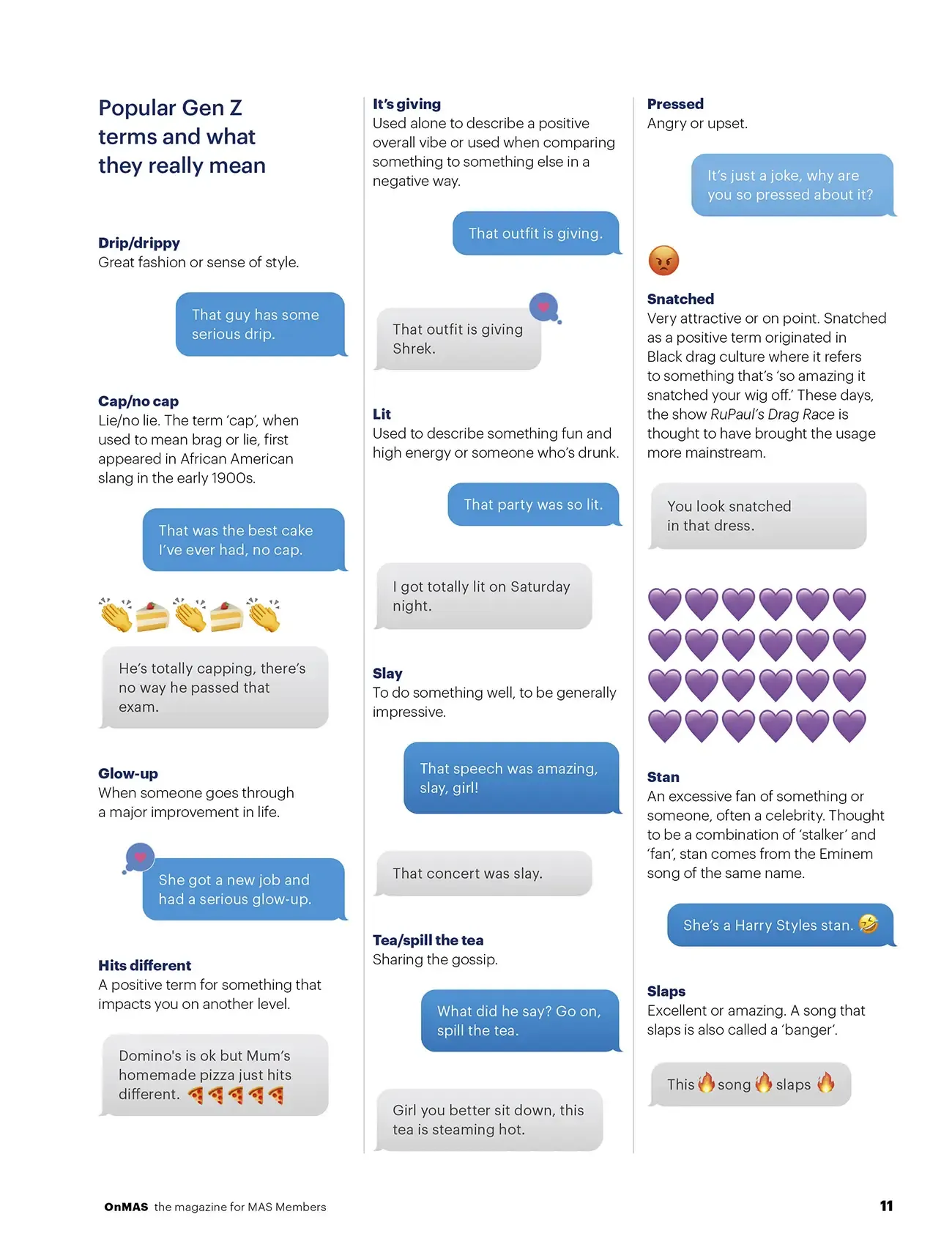
Mind the gapEach generation is loosely defined as: 1928 to 1945Silent Generation: aged 78 to 951946 to 1964Baby Boomers: aged 59 to 771965 to 1980Generation X: aged 43 to 58 1981 to 1996Millennials: aged 27 to 42 1997 to 2012Generation Z: aged 11 to 26 |
Read this next
-
July 2022
The Curve: Raising financial literacy
-
November 2022
Helping kids find out what they’re made of
-
November 2022
Hard talk: Helping tamariki with tricky topics
-
March 2023
Will the next generation be smokefree?
Good living
See all-
March 2021
In review
-
March 2021
Manaakitanga – more than just hospitality
-
March 2021
Land, sea and myth: Revisiting Hawke's Bay
-
July 2021
Breaking bread at Everybody Eats
